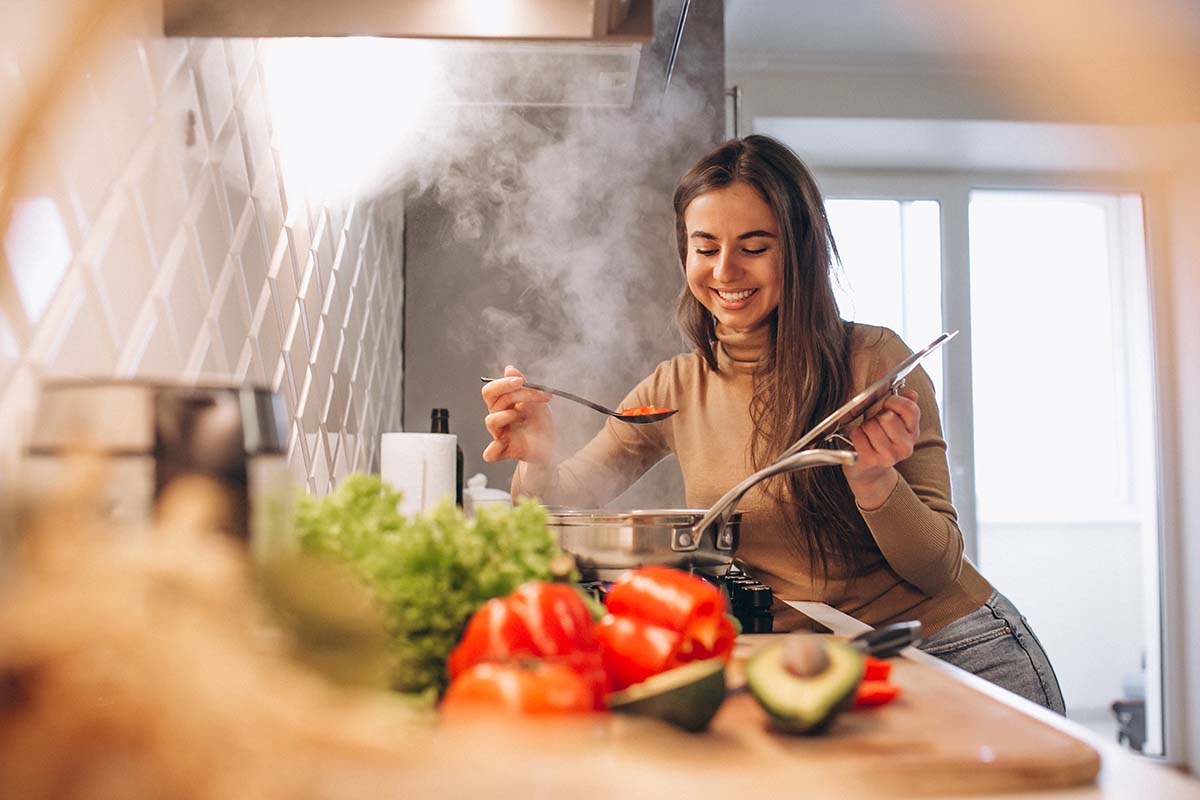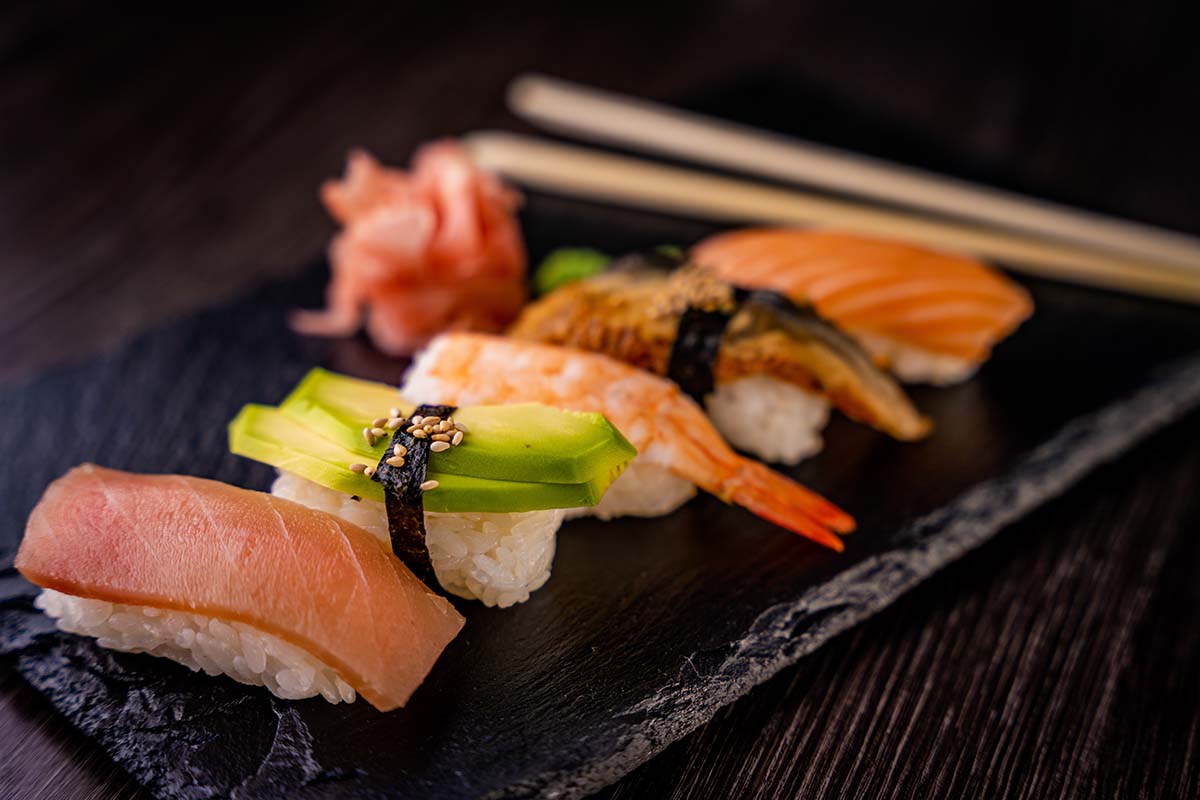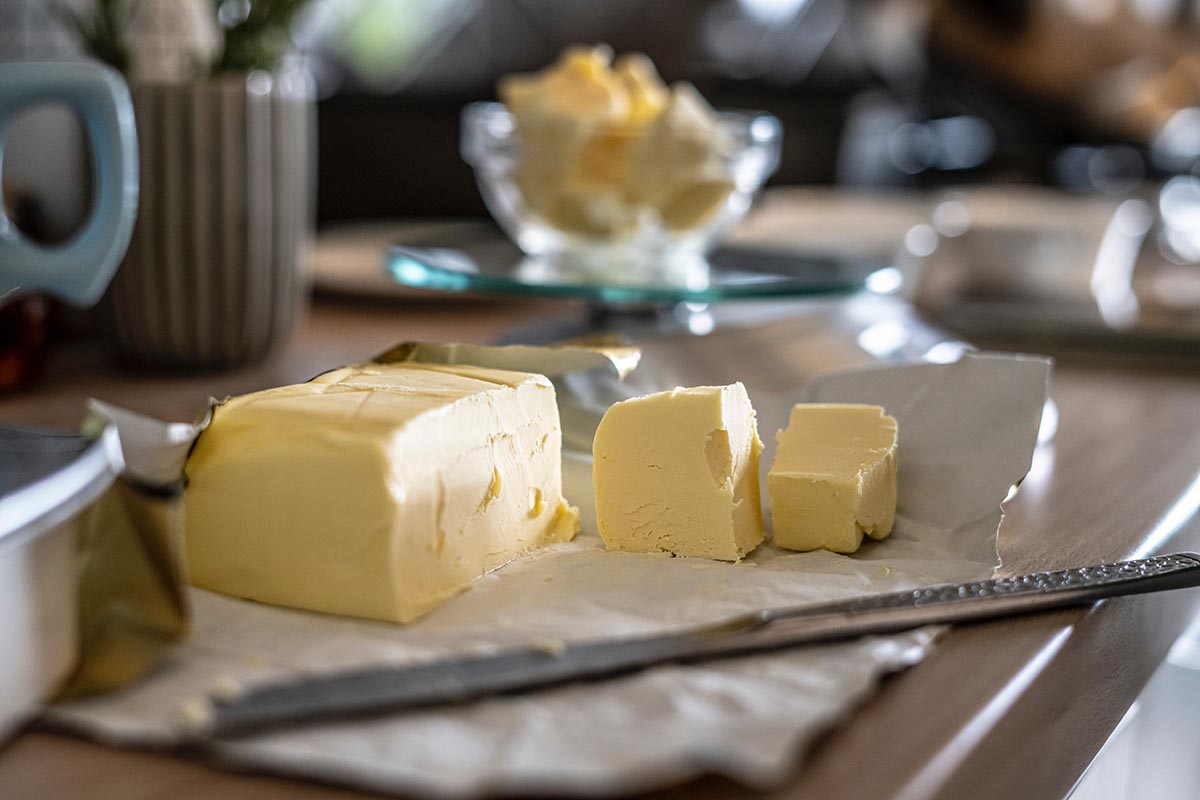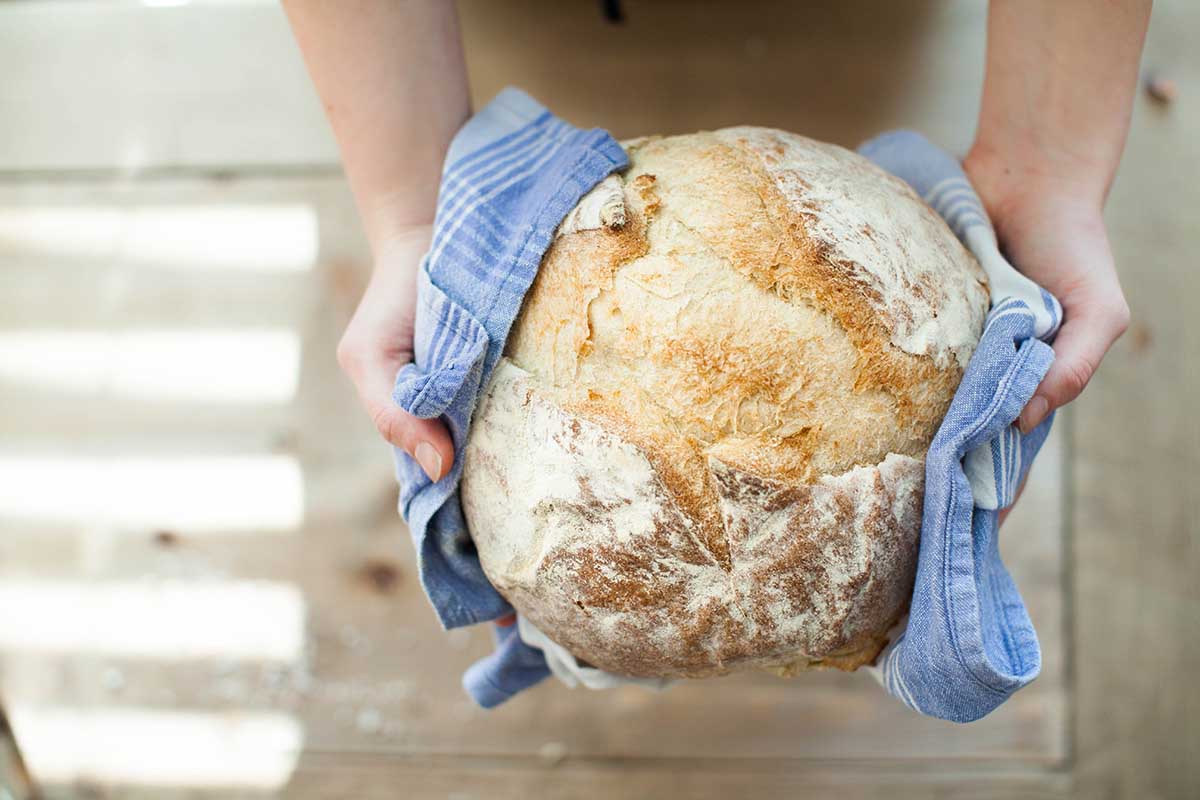How to Start Cooking: Here’s How You Can Get Started to Cook
How to Start Cooking? Cooking is an incredibly important skill to have.
There are so many advantages to being able to cook that it’s a wonder more schools don’t heavily emphasize this aspect of development.
Cooking leaves you happier, healthier, and feeling more emotionally fulfilled than if you’d opted for something ready-made.
It’s a skill everyone should have in their oeuvre.
We understand, though – cooking isn’t always easy. When you come back from a hard day at work, you’re not always looking to get involved in something so time-consuming so it would be good to consider custom kitchens.
It’s also possible you haven’t really learned how to cook; with so many convenient food options available, there’s no major onus on people to learn anymore.
We’re here to help, though. From young students to retired older people, it’s never too late for anyone to learn how to cook.
You’ll be creating delicious meals from scratch before you know it, and you’ll feel better for the experience.
Here’s our beginner’s guide on how you can get started cooking in your home. Hint: it helps to have someone to taste-test your dishes!
Set up your kitchen right – custom kitchens
Before you learn how to start cooking, it’s imperative that you have a well-designed, well-made kitchen.
One avenue you could go down here would be custom kitchens.
This way, you can explain your specifications and what you’d like your kitchen to look like, and then watch as it’s crafted exactly to your liking.
If you’re not looking to switch up your kitchen too much, that’s fine – you can still learn!
Familiarise yourself with the layout of your kitchen. Where is everything, and is it in easy reach of everything else?
Does your kitchen utilize the work triangle layout properly?
By drawing up an accurate mental map of your kitchen, you’ll find it much easier to work and cook in that space.
Once you’ve got a kitchen you love, you’re a good way towards learning how to cook.
Get good kitchen equipment
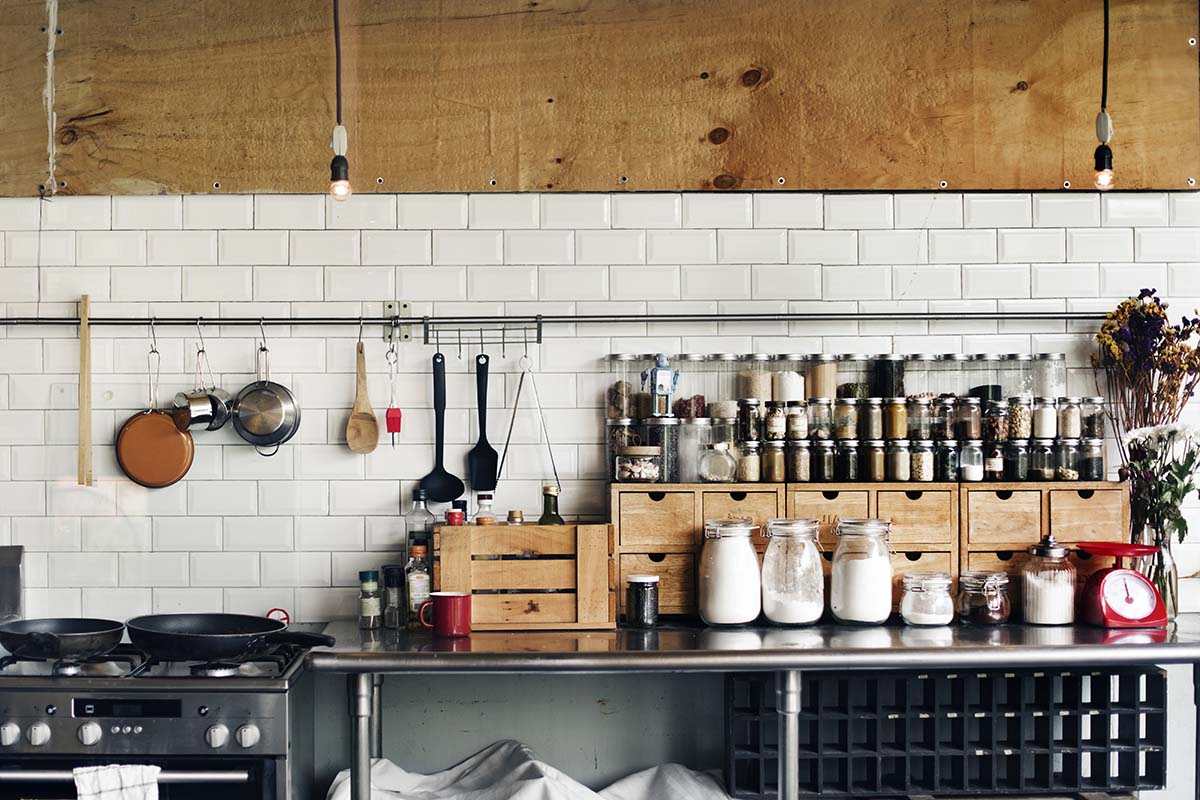
It’s no good trying to learn how to cook if your kitchen’s utensils and cookware are lacking.
You’ll need to stock up with good-quality kitchenware before you think about preparing your own meals.
Everything from knives to pans to cutlery needs to be assessed carefully, and you need to decide if it’s fit for purpose.
If it’s not, don’t be afraid to take a shopping trip out to get better stuff.
Your knife should be sharp without being heavy. Your pans should be non-stick, light but not flimsy.
You should have an array of chopping boards, electric whisks, steamers, and other useful things.
It’s worth checking out a list of essential kitchenware so you know what you’re looking for.
There’s nothing worse than running into a block during a recipe because you don’t have the right gear.
Get basic ingredients
There are some ingredients that will always be safe bets, no matter what dish you happen to be making. Spices are a good place to start.
It’s worth stocking your cupboards with things like chili powder, garlic, coriander, and other herbs and spices that often find themselves in food. You should also get some basic herbs – oregano, thyme, basil, and others.
After seasonings, you should get food with a long shelf life that will sit in your pantry or cupboard until it’s ready to be used.
These include things like beans and pulses – chickpeas, kidney beans, etc – and tinned tomatoes.
It’s always helpful to have these things on hand because from curries to jambalayas, many dishes use these common ingredients.
Don’t be disheartened
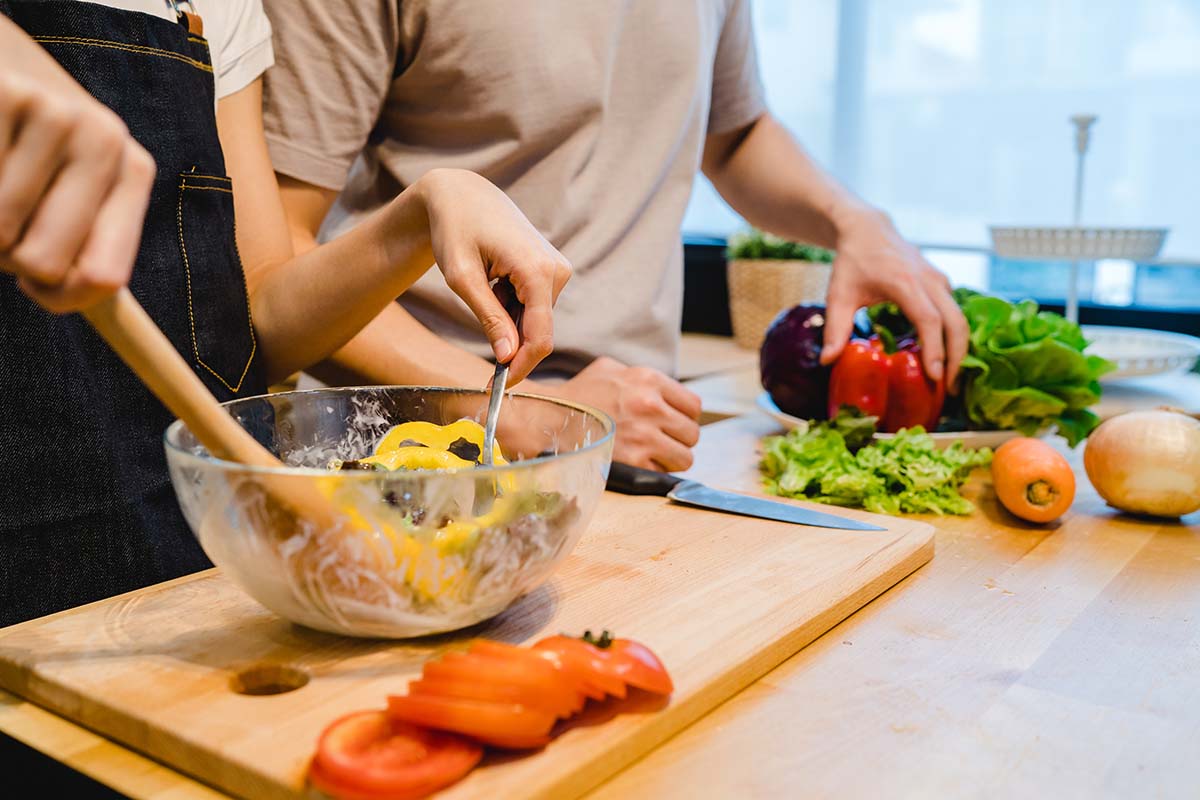
The first time you cook something, it’s probably not going to go particularly well.
Whether it’s been a long time since you last cooked or you never have, there’s absolutely no shame in making mistakes.
What matters is that you pick yourself up, learn from them, and figure out how they can help you make your next dish go better. In no time, you’ll be a seasoned pro.
The worst thing you can do is give up after a setback. Don’t reinforce the idea that mistakes mean you should stop.
Even professional chefs make mistakes, and more frequently than you’d think. If you’ve got a partner or housemate, ask them to help you and “spot” you.
What do they notice you could do differently? What would their advice be?
Always taste-test
It always pays to taste the food before serving it. That way, you won’t end up with a bland or unsatisfactory meal on your plate.
Trust your taste buds – what do you think this dish needs?
This is also a skill you’ll gradually improve, so if you don’t immediately recognize what your dish is lacking, don’t worry. It’ll come in time.
With this in mind, don’t over-season. If you think your dish needs salt, it’s better to add a little at a time until you’re at the desired level.
Don’t just pour a bunch of salt into the pan and assume that’ll make it better, because it’s very, very hard to correct for too much salt.
Be gradual, be gentle, and before you know it you’ll have the perfect dish for your palate.
Here are 70’s food trends that make you want to be a kid again.
Be realistic
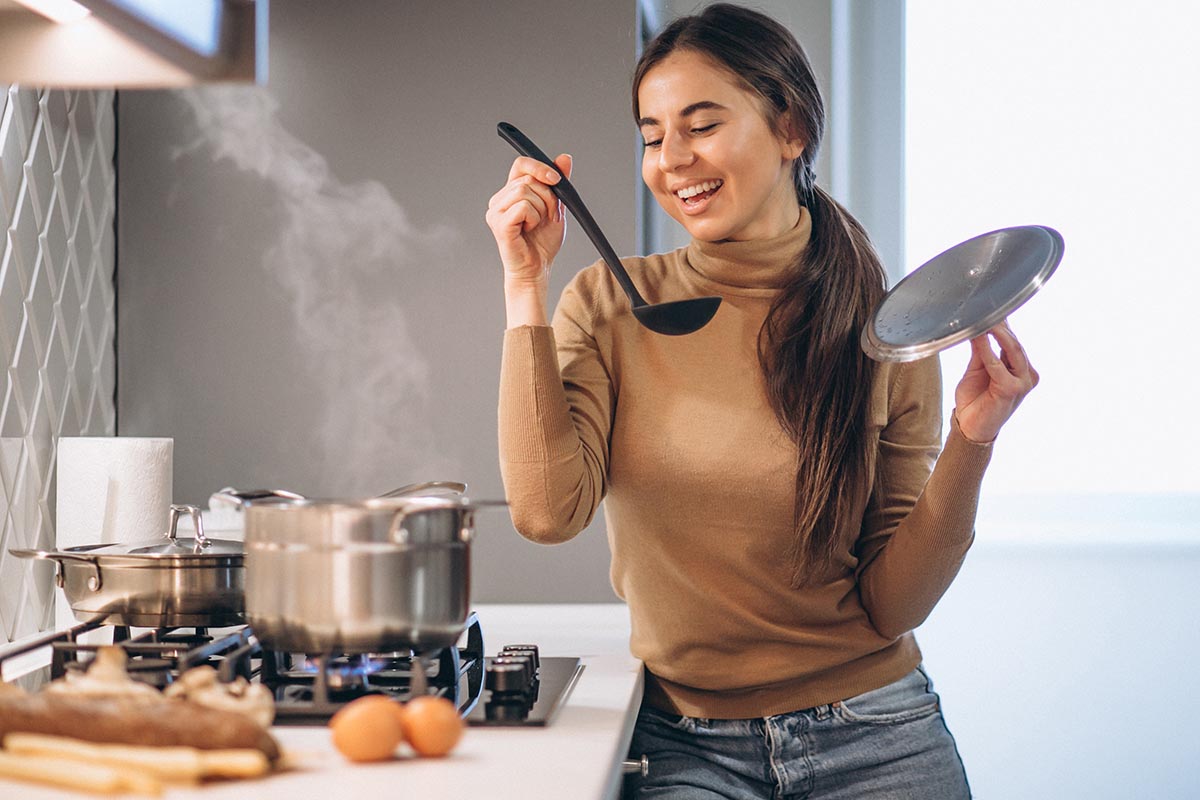
If you do work a tiring and demanding job, you don’t need to worry about cooking every single day of the week, at least not yet.
Start small and don’t ask too much of yourself. Start with one or two home-cooked meals a week, then work your way up when you’re feeling more confident about the time you have available.
You don’t need to rush yourself.
You shouldn’t coddle yourself, though. If it’s cooking day and you find yourself thinking “ugh, I can’t be bothered”, remember that you haven’t cooked the rest of this week.
It won’t hurt to give some of your time to prepare a high-quality meal with your own ingredients.
Be fair, but be a little harsh on yourself, as that’s how positive habits develop with custom kitchens and to know how to start cooking.
